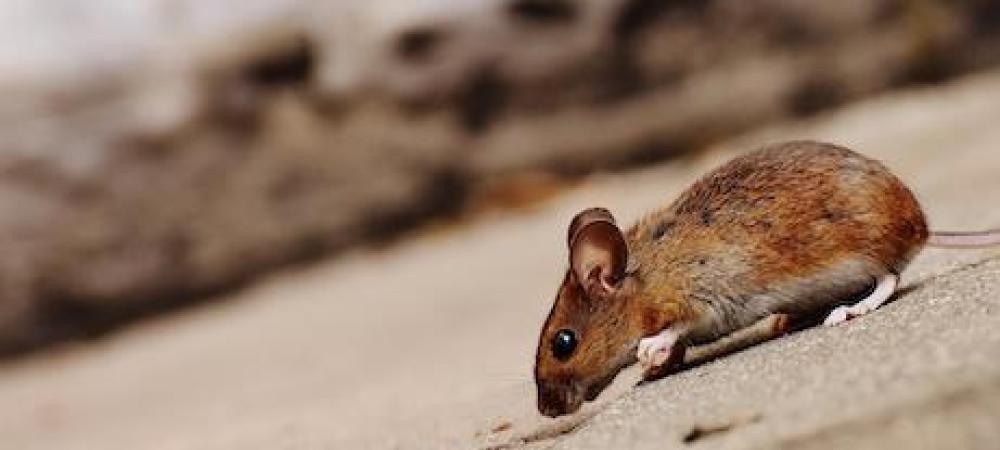Don't Let The Mice In Denver Live In Your Home Rent-Free!

After a long, busy day at work or running errands, you want to come home and relax. Watching a television program or scrolling through social media can be a way to unwind, but turning off all lights, playing soft music, sitting in the dark, and meditating with slow breathing is the ultimate relaxing sensation. If you don't believe us, try it sometime!
When you are meditating or resting in bed awake at night, you hear sounds like crickets chirping that you may miss when things are busy. One sound you do not want to hear is a rodent scratching or gnawing. When you hear those sounds, you need to get the Denver pest control team from Advantage Pest Management. We have been providing stellar customer service and eliminating pests in the Denver area since 2014.
Signs Of Mice In Your Denver Home
Because mice are nocturnal creatures who forage at night, you may not see them during the day. Although you may not always see mice in your house, these signs indicate their presence:
- Stain marks: Mice have oily fur and leave grease marks on walls and openings.
- Droppings: Mice defecate and deposit rod-shaped, pointed pellets.
- Tracks: Mice often leave four and five-toed footprints behind.
- Odor: Mice produce urine that has an aroma to communicate with each other.
- Damage: Mice chew packaging attempting to access the product.
- Pathways: Mice create runways from their nests to food sources. Food, droppings, and grease marks litter their trails.
- Burrows: Mice make nests in insulation inside the house.
If you see these signs, it is time to admit to yourself, "I have mice in my house."
Do Mice Carry Dangerous Diseases?
Leptospirosis, tularemia, and salmonellosis are common diseases mice carry. Some species of mice transport these bacterias and viruses plus additional pathogens. For example, deer and white-footed mice can transmit hantavirus; deer mice are also carriers of adult respiratory distress syndrome (ARDS). The typical house mice may also convey lymphocytic choriomeningitis (LCM) and rat bite fever to household members.
As the mice travel in the home, they shed the pathogens to the surfaces below. When humans or food touch the contaminated surfaces, the bacteria, viruses, and parasitic worms on the surface enter their body through open wounds or consumption of a tainted food product. Through mice droppings, diseases can also spread to humans in the home.
Human Mice Control Tips For Your Home
If you hear mice in the walls or see evidence of their presence, do the following to control the mouse population:
- Vacuum the house daily and remove the clutter.
- Wipe surfaces after eating and preparing meals, remove pet food at night and store food in airtight containers.
- Seal holes and gaps leading into the home and ventilate the crawlspace, basement, and attic.
- Replace cardboard boxes with plastic, lockable containers.
- Screen vents and the chimney and install or repair door sweeps.
Mouse traps may also help reduce mice in the home, but wear gloves when removing the dead mouse and dispose of it in a sealed bag in an outdoor container.
Professional Rodent Removal Services In Denver
The safest and best way to get rid of mice is to use our pest control professionals at Advantage Pest Management. Because we take rodent control seriously, we maintain an active affiliation with the National Wildlife Control and the Colorado Department of Agriculture. Our goal is to remove rodents as humanely as possible to protect homeowners.
We will determine the mouse species infesting your Denver home and create a custom strategy to eradicate the rodents from your home. We will remove the rodents and their nests to ensure an end to their invasion of your home. Contact us today and schedule your free quote.
